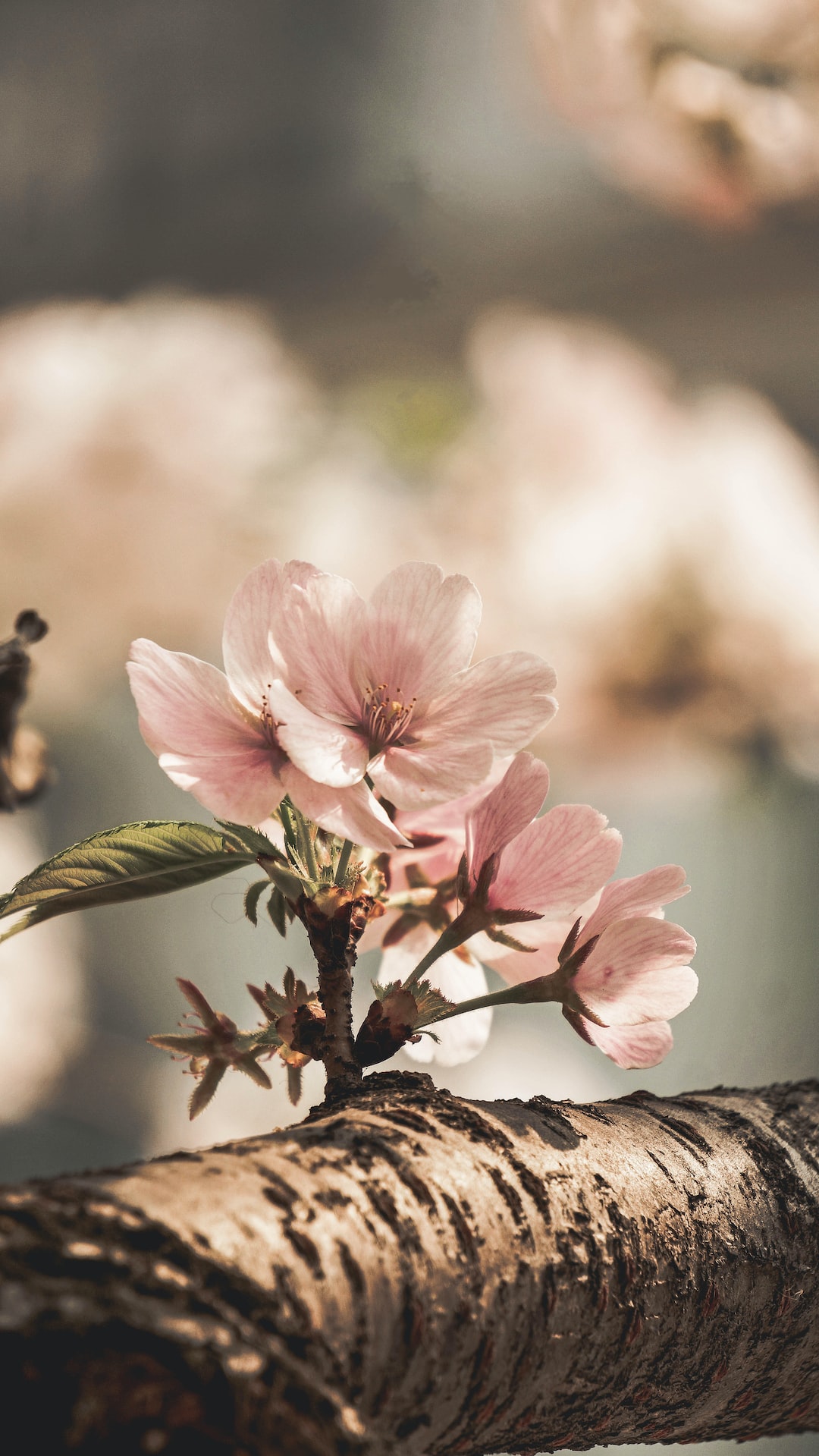Natural Approaches to Alleviate Allergies and Hay Fever Symptoms
Spring is a beautiful time of the year, as flowers bloom and birds sing. However, for those who suffer from allergies and hay fever, this season can be overwhelmingly dreadful. The constant sneezing, itchy eyes, and runny nose can make it difficult to enjoy the outdoors. While many reach for over-the-counter medications to alleviate the symptoms, there are several natural approaches that can help provide relief.
1. Nasal Irrigation: One of the most effective natural remedies for allergies and hay fever is nasal irrigation. This involves rinsing the nasal passages with a saline solution to flush out allergens and reduce inflammation. It can be done using a neti pot, which resembles a small teapot, or a nasal irrigation bottle. Regular use of nasal irrigation can significantly reduce congestion and improve breathing.
2. Local Honey: Consuming local honey is believed to be an effective natural remedy for allergies. The theory is that bees collect pollen from local plants which then becomes a part of the honey. By consuming small amounts of local honey regularly, it is thought that the body can build up immunity to the pollen and reduce allergic reactions. However, it is important to note that this remedy may not work for everyone.
3. Quercetin: Quercetin is a natural compound found in many fruits, vegetables, and herbs. It has been shown to have anti-inflammatory and antioxidant properties, making it a potential ally in the fight against allergies. Quercetin can help stabilize mast cells, which are responsible for releasing histamine during an allergic reaction. Including foods rich in quercetin, such as apples, onions, and berries, in your diet can help alleviate symptoms.
4. Butterbur: Butterbur is a natural herb that has been used for centuries to treat allergies and hay fever symptoms. It contains compounds called petasins, which have been shown to reduce inflammation and allergic reactions. Butterbur can be taken in the form of supplements, but it is important to choose a product that is free of pyrrolizidine alkaloids, which can be harmful to the liver.
5. Probiotics: Probiotics are beneficial bacteria that support a healthy gut flora. Several studies have suggested that a healthy gut microbiome is crucial for a well-functioning immune system and may help reduce the risk of allergies. Consuming probiotic-rich foods, such as yogurt, kefir, and sauerkraut, or taking a daily probiotic supplement can help support a healthy immune system and potentially reduce allergy symptoms.
6. Acupuncture: Acupuncture is a traditional Chinese medicine practice that involves inserting thin needles into specific points in the body. It is believed to stimulate the body’s energy flow and promote healing. Some studies have shown that acupuncture can be effective in relieving allergy symptoms by reducing inflammation and boosting the immune system. Consult with a qualified acupuncturist to see if this treatment option is right for you.
7. Stress Reduction: It is well known that stress can exacerbate allergy symptoms. Finding ways to manage stress, such as practicing yoga, meditation, or engaging in hobbies that bring joy and relaxation, can help alleviate symptoms. Additionally, getting enough sleep and maintaining a healthy lifestyle can also contribute to a stronger immune system and reduce allergic reactions.
While these natural approaches can be helpful in alleviating allergy symptoms, it is important to remember that everyone’s body is unique. What works for one person may not work for another. It is always advisable to consult with a healthcare professional before starting any new treatment or remedy, especially if you have underlying health conditions or are taking medication.
In conclusion, there are several natural approaches to alleviate allergies and hay fever symptoms. From nasal irrigation to local honey and quercetin-rich foods, incorporating these remedies into your routine may help reduce the misery associated with seasonal allergies. However, it is important to find what works best for your body and consult with a medical professional for personalized advice. With a little trial and error, you can find relief and truly enjoy the beauty of spring.

